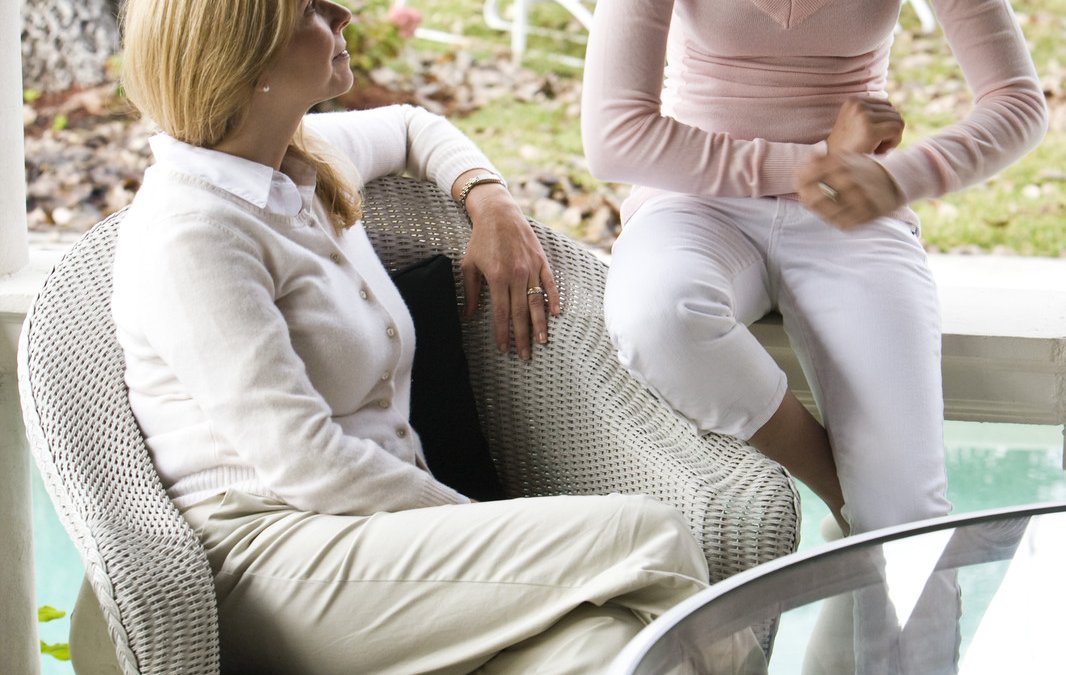The great thing about a mistake or any bad experience is that you can learn from it. But it’s just as easy, if not easier, to not learn a thing.
Kids make go through a lot of emotions on the way to growing up. They have so much to learn and the road can be pretty bumpy. Wouldn’t it be great if there was something a parent could do to make sure that learning happens?
There is. The key is to engage the child in a conversation in which the parent asks a series of open-ended questions while listening to understand the child’s responses:
- What happened? Who did what? Who said what?
- Why do you think it happened that way? Causes? Motives?
- What were the consequences? Results? Damages?
- What can you approach a situation like this diffferently in the future?
- What can you do now?
Most kids don’t reflect on bad experiences this way. They may feel anger, hurt, regret, shame, or loss, but their minds aren’t as oriented towards future possibilities as adults’ minds are. They haven’t yet refined all the critical thinking skills that would help them resolve an issue or crisis. So without coaching, they may not learn from the experience. Which means something like this can happen again.
Here’s an illustration of a talk in which a parent guides their child to reflect on the lessons learned from an unhappy experience. Mom notices that after her teen daughter Val came home from school, she was sitting quietly on the back porch.
- “You OK?”
- “Not really. I just want a little privacy.”
- “OK. But you seem upset. What happened?”
- “Nothing, Mom. Nothing happened.”
- “Something upset you. Why don’t you tell me about it.”
- After a period of silence, Val said, “Sherry got mad at me for no reason.”
- “What did she say?”
- “She told me I was stuck up. Because I was picked for the soccer team and she wasn’t. She was really nasty about it.”
- “I’m sorry. How did that affect you?”
- “She took me by surprise. I thought she was my friend. I was mad at her and called her a bitch. She threw a book at me.”
- “Why do you think she was angry at you?”
- “I don’t know. We both really wanted to make the team, so I guess it was a big let-down. But why she took it out on me, I don’t know.”
- “Why do you think?”
- “I don’t know what her problem was. Maybe she was disappointed and so it was convenient to just take it out on me.”
- “And you lashed out at her in return.”
- “I probably shouldn’t have.”
- “Why do you think you reacted that way?”
- “It totally took me by surprise. Friends shouldn’t act that way. I just reacted, that’s all.”
- “So now what? Are you guys not friends anymore?”
- “I don’t know. I shouldn’t have said what I did. I don’t know.”
- “You were shocked and resentful and reacted emotionally.”
- “I did.”
- “Any chance of saving the friendship?”
- “I don’t know.”
- “Do you want to?”
- “We’ve been friends for ages. I shouldn’t have called her a bitch.”
- “If you could go back and handle it differently, what would you do?”
- “I should have kept my cool and tried to find out why she was so angry. But I can’t go back and do it over.”
- “True. But in the future maybe you can deal with a situation like that differently.”
- “I guess.”
- “What will you do now?”
- “I don’t know. I’m sitting here thinking I should call her and apologize.”
- “How do you think she’ll react to that?”
- “I don’t know. Maybe it’s worth a try. I shouldn’t have called her bitch.”
- “Well, maybe you could give her a chance. Maybe she feels sorry, too.”
- “That’s a thought. I think I will give her a call.”
- “Good luck! Apologies can be very powerful.”
- “Thanks, Mom. Thanks for taking an interest.”
The mother in this example followed the question structure I outlined above. You can see how she helped steer Val’s thinking to learn something from her unhappy experience.
With practice you can guide helpful interactions with your own child. If you’d enjoy having another example, read the “Tempers Flare” chapter that starts on page 69 in my book, Conversations with the Wise Uncle. You’ll find a similar story in the “Losing It” chapter (p.61) in Conversations with the Wise Aunt. I wrote the books for both teens and their parents; they contain a varity of life-changing conversations.

